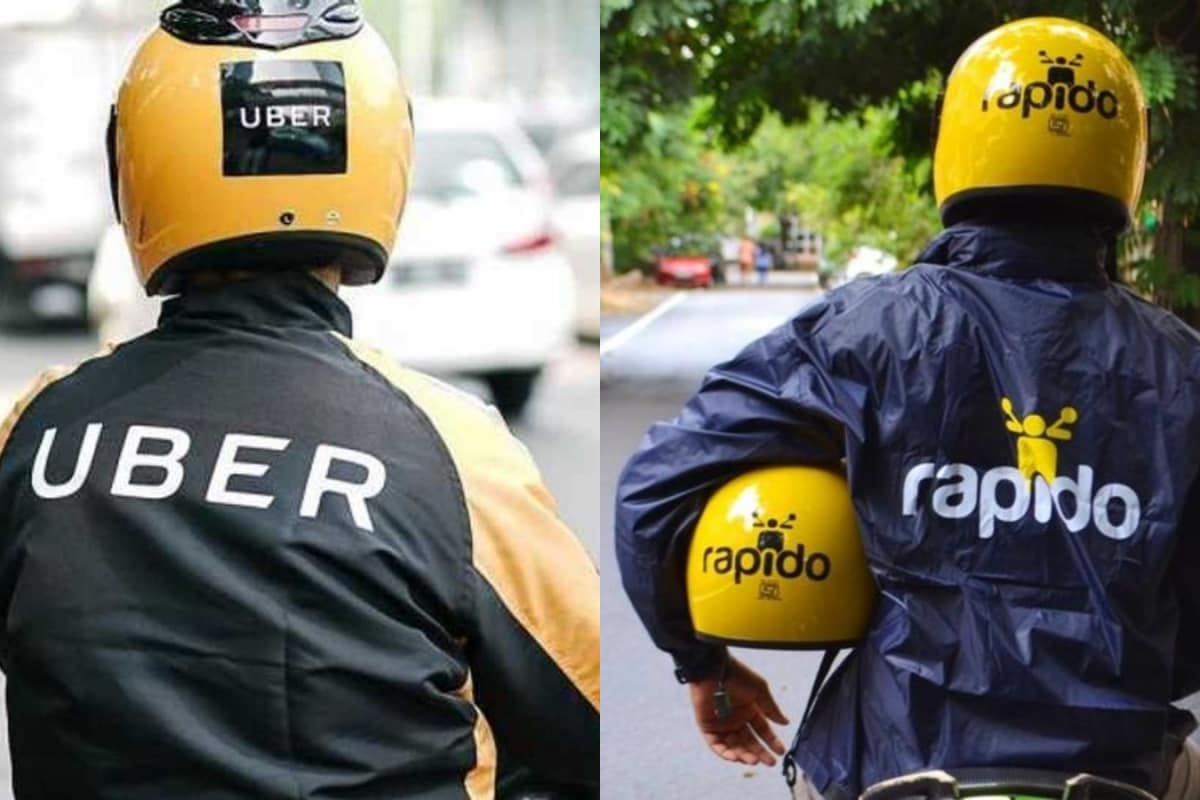

The Karnataka High Court has recently put pressure on the state government to reconsider its ban on bike taxis, emphasizing the importance of livelihoods and referencing precedents set in other states. The court's strong stance came during the hearing of appeals filed by bike taxi aggregators Ola, Uber, and Rapido against a previous order that halted their operations in the state.
Chief Justice Vibhu Bakhru, leading the bench, questioned the legal basis of the ban, calling the government's arguments "thin" and "legally untenable". The court highlighted that bike taxis are permitted in at least 13 other states across the country, establishing them as a lawful and essential mode of urban transport. The Chief Justice also pointed out that these services are not a luxury but a necessity, particularly for providing affordable and efficient last-mile connectivity.
The court's scrutiny focused on the state's claim that the Motor Vehicles Act prohibits bike taxis. Rejecting this stance, the court asserted that the state cannot deny livelihoods simply because a formal policy is lacking. A mere absence of regulation, the court stated, cannot justify a blanket ban that deprives thousands of their right to work, which is protected under Article 19(1)(g) of the Constitution. The judges further noted that every trade is permissible unless regulated, and bike taxis are not outside the realm of commerce.
The Advocate General (AG), Shashi Kiran Shetty, argued that the ban was implemented due to safety concerns. However, the court responded that while safety is a valid concern, it does not warrant a complete prohibition without exploring regulatory options. The court also questioned whether the state had made a conscious policy decision to exclude bike taxis, cautioning that such a move would require strong legal grounds.
In response to the court's observations, the state government has agreed to reconsider the ban at the highest level. The AG assured the court that the government would give serious thought to the issues raised and make a "conscious decision" on whether or not to create a policy for bike taxis. The court has scheduled the next hearing for September 22, urging the government to consider the lives at stake.
The Bike Taxi Welfare Association has welcomed the court's remarks and reiterated its commitment to collaborating with the government and other stakeholders to ensure that bike taxi services operate safely, legally, and sustainably. The association emphasized the importance of bike taxis for commuters, especially for last-mile connectivity to public transport.
The ban on bike taxis in Karnataka, which went into effect on June 16, 2025, has significantly impacted daily commuters, particularly in cities like Bengaluru. These services had become essential for many, especially during peak hours and to access metro stations. Experts also suggest that the ban has increased traffic congestion in the city. The High Court's intervention offers a ray of hope for bike taxi operators and commuters alike, pushing the state government to find a balanced solution that addresses both regulatory concerns and the need for affordable and efficient transportation.